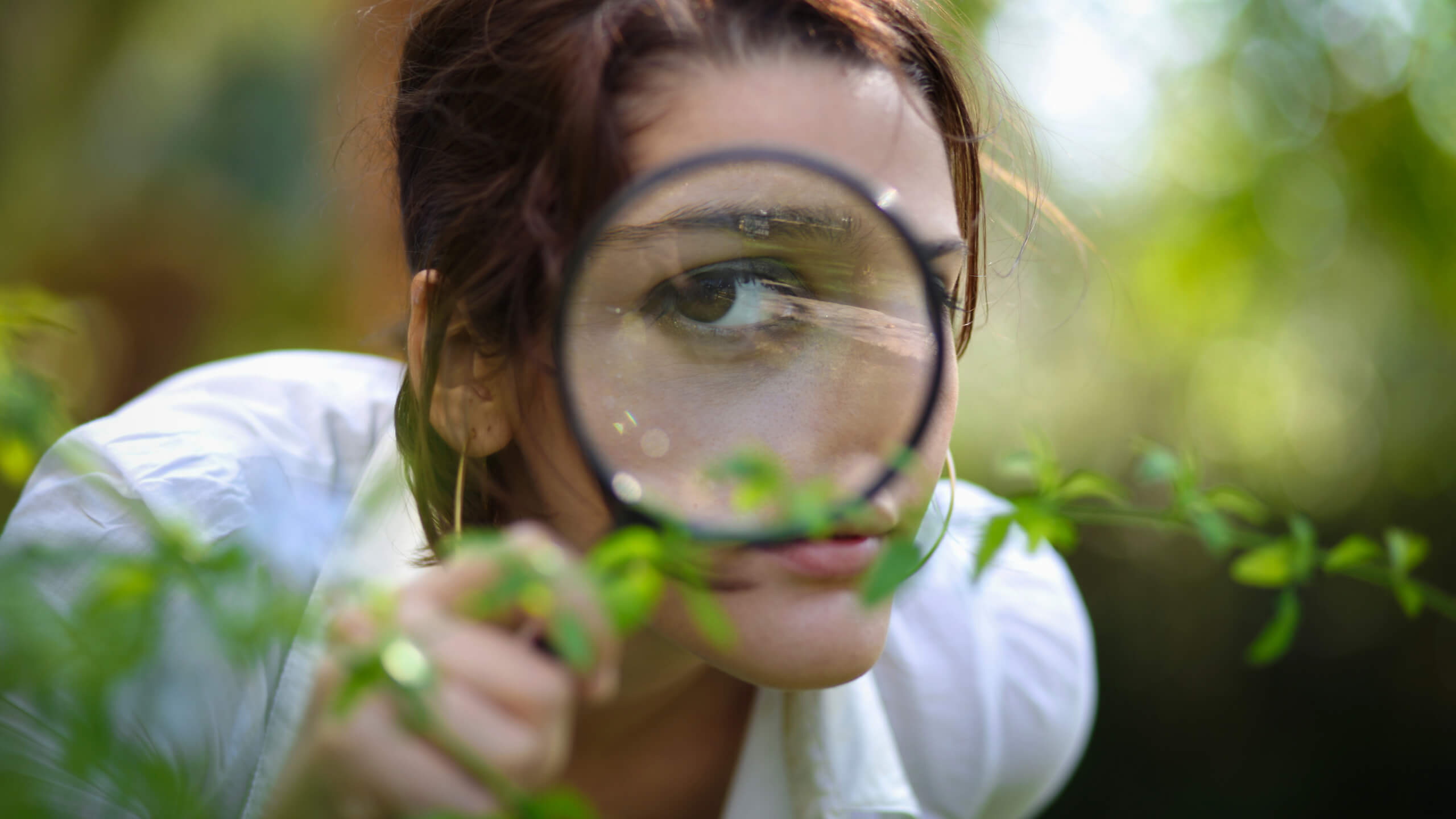Curiosity

To Infinity, and Beyond
One of the recurring themes that you’re likely to see as you move through a divorce is the idea of reinvention. Starting fresh, doing something new, being that person who you always wanted to be. You’ll see it on message boards, you’ll get it from your friends and support group, you may even get it from your lawyer. In fact, taking steps towards starting fresh or redefining your life is going to be fundamentally essential to being successful in the next chapter in your life. But the question is: How? Where do you begin? How do you even know who you are and how do you even know what you want to be?
REDISCOVERING YOUR SUPERPOWER
In the eyes of a child, the world is absolutely novel. Before they can talk, they interact with their world through touch and, well, by playing the game “what’s in your mouth” before they set a land speed record as you chase them through your house. With their growth comes more opportunities to explore the world around them – to meet new people, learn new words, and understand, and experience new concepts. The average four-year-old child will ask 300 questions a day – they want to know about everything.
By the time that child hits middle school, the number of novel questions they ask drops to almost zero. Instead, the focus switches to procedural and organizational concepts. By the time that person is an adult, if someone in their life hasn’t authorized exploration and inquisitiveness as part of their identity – whether it was a teacher, a parent, or an organization – that ability to explore introspectively or reach out into the world can become stifled to the point that we can forget how to tap into it. We readily become part of the procedures of living instead of growing as life marches on.
The good news is, you can re-engage with your curiosity. Curiosity is your superpower; you just need to have the courage to use it.
THE BIAS TOWARDS “NO” AND DEFAULTING TO RULES
Up until recently, you could predict the creativity and curiosity of an employee in your office by which web browser they used. People who used Internet Explorer or Safari were, on average, less creative and curious than people who used Chrome, Firefox, or another web browser entirely. The reason? People who used Internet Explorer and Safari accepted the default. They were given a system with a predefined structure and they never bothered to question whether or not that was the best way to work. People who changed their web browsers would have to question that default. When they questioned it, they would then have to be at least somewhat resourceful and look for a place where they could find something new.
This is what happens when we let our curiosity muscles wither. Instead of questioning, we align with the default. The more we align ourselves with default structures, the more we bias ourselves towards “no.” If you’ve ever looked at an opportunity and thought to yourself, “I think that would be fun,” but didn’t follow through because you constructed an excuse for yourself or simply passed on without a second thought, then you have biased yourself towards “no,” stifling your creativity and growth. If you can recognize this bias, you can begin to flip the script and re-engage yourself. Instead of a bias towards “no,” you can build a bias towards, “yes.”
THE BARRIERS TO YOUR CURIOSITY
Jennifer Lee is a screenwriter. In 2012, she was assigned to a script that had been bouncing around her studio for the better part of 50 years, but could never get the green light to make it to production. There was something wrong with the feel and story that had made the previous efforts effectively collapse. A lot of the core elements for the screenplay were there, but it wasn’t until Ms. Lee stepped in and questioned the narrative and whether or not it made sense. She led the rewrite of the main character from an evil queen to a tragic hero, and Frozen became the most critically acclaimed animated movie of all time.
People who are curious and can push the boundaries of their creativity and originality, like Jennifer Lee, can do this because of the way in which they wield and focus their doubt. When we focus our doubt inwards on our self, it becomes paralyzing. It feeds into our bias of “no” because we may have a fear of feeling stupid, a concern that we don’t get real answers to the questions that we ask, and we freeze. Instead, when we focus our doubt on ideas, it can be energizing. It can motivate us to question, to test, to experiment, to explore. If the screenplay you’re working on just isn’t working, doubt of the idea can push you to find a different way to tell your story. You change the narrative.
Wielding doubt wisely and asking questions will activate your curiosity in a way that you haven’t in a long time. It will take you down rabbit holes and into the wild. Following the leads that you pick up on by just following through on “what happens when…” will inevitably, and undoubtedly, bring you back to a place where you can discover who you are with all the wide-eyed wonder that you thought you had lost.


